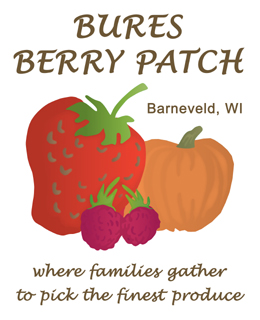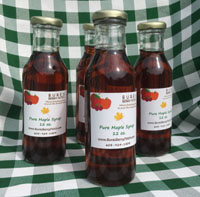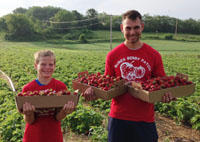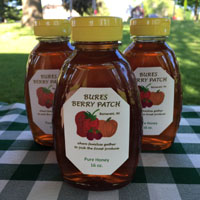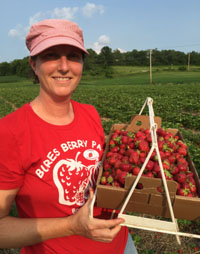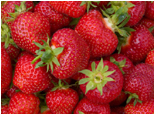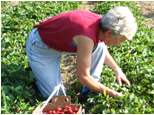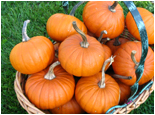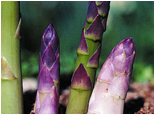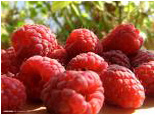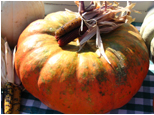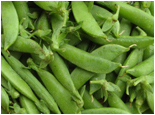Pumpkin/Squash Recipes & Nutrition
View/Print Pumpkin Recipes (PDF)
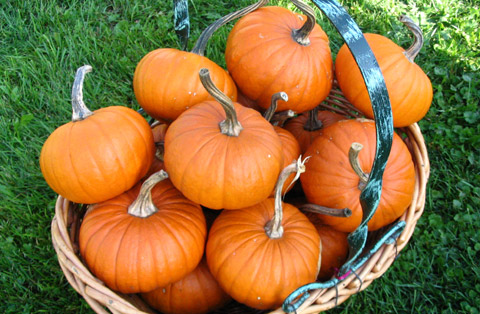
Pumpkin/Squash Nutrition Facts
Winter squash, unlike its summer equivalent, can be harvested very late into the fall, has a longer storage potential, and still provides an outstanding variety of conventional nutrients. It is an excellent source of vitamin A (beta-carotene) and a very good source of vitamin C, potassium, fiber, and manganese. In addition, squash is a good source of folate, omega-3 fatty acids, vitamin B1, copper, vitamin B6, niacin (vitamin B3), and pantothenic acid.
The beta-carotene in squash has powerful antioxidant and anti-inflammatory properties. It may also protect against diabetic heart disease and may be useful for preventing other complications caused by free radicals often seen in long-term diabetes. Furthermore, beta-carotene’s anti-inflammatory effects may help reduce the severity of conditions like asthma, osteoarthritis, and rheumatoid arthritis.
The vitamin A found in squash can help to protect some smokers from developing emphysema. Finally, the potassium in winter squash may help to lower blood pressure and the folate in squash can help to decrease the risk for heart attack and stroke. All these are very good reasons to "eat your squash," says mom.
Additional Food Safety Information
UW Extension – Food Safety & Health
National Center for Home Food Preservation

